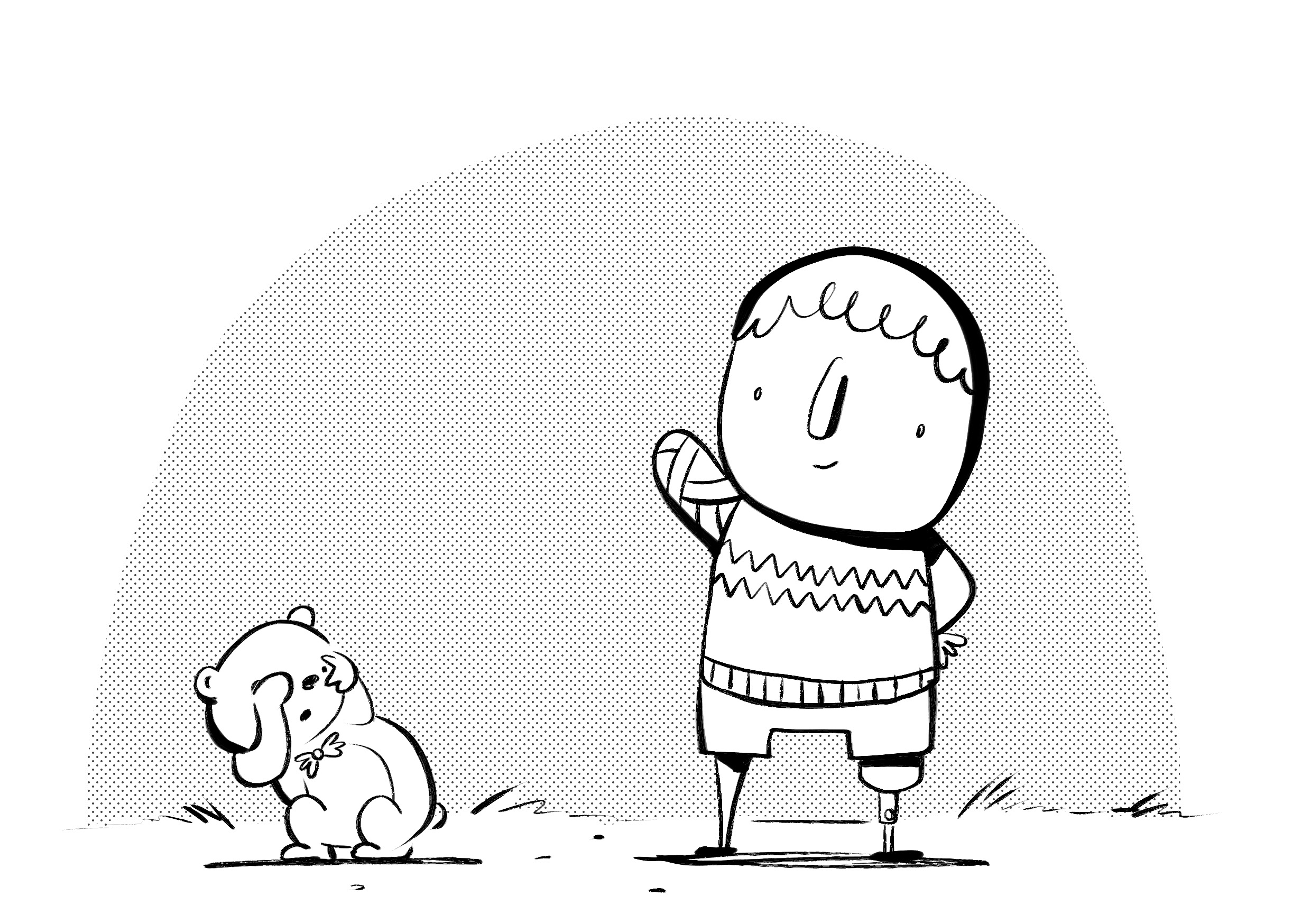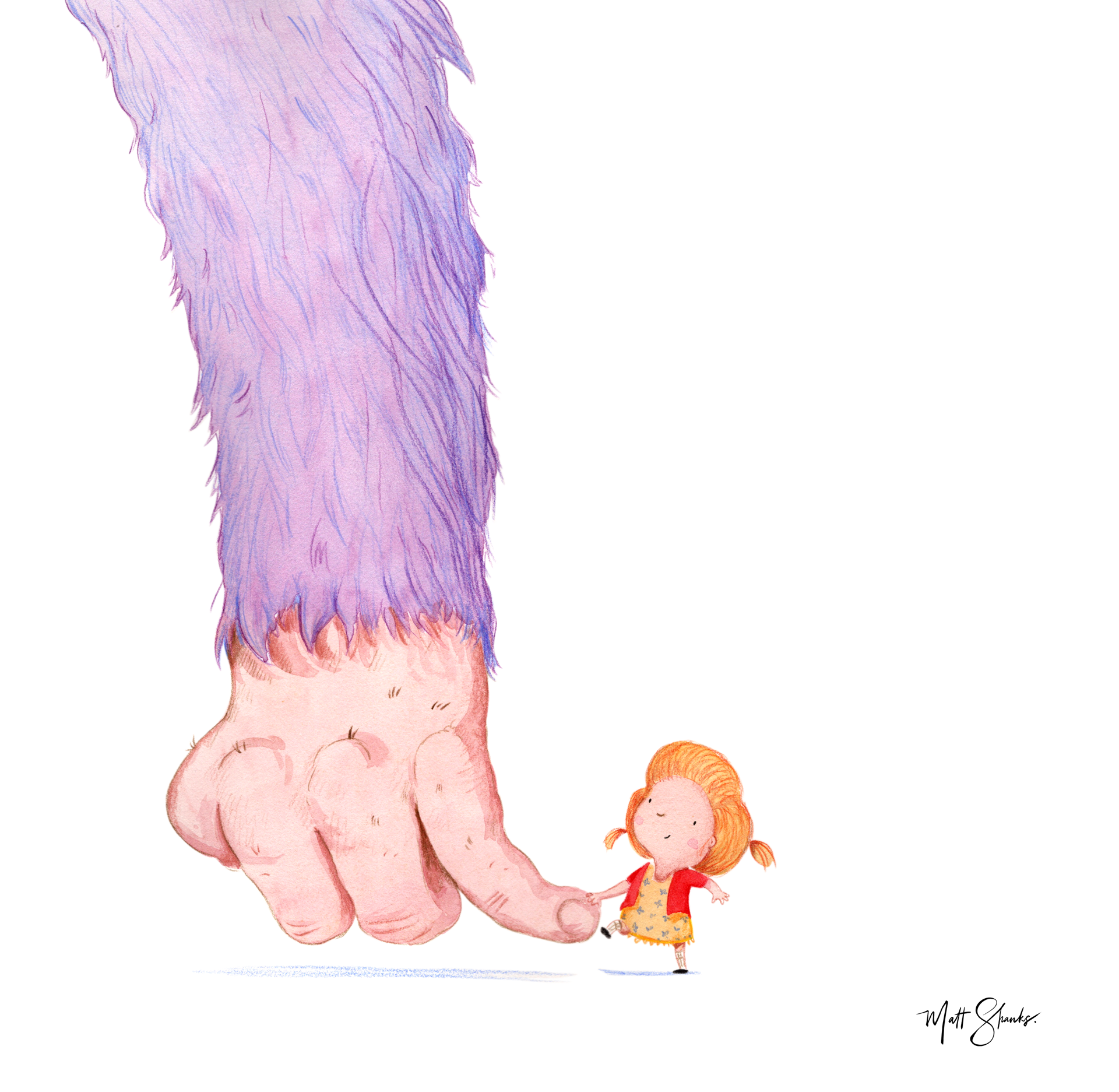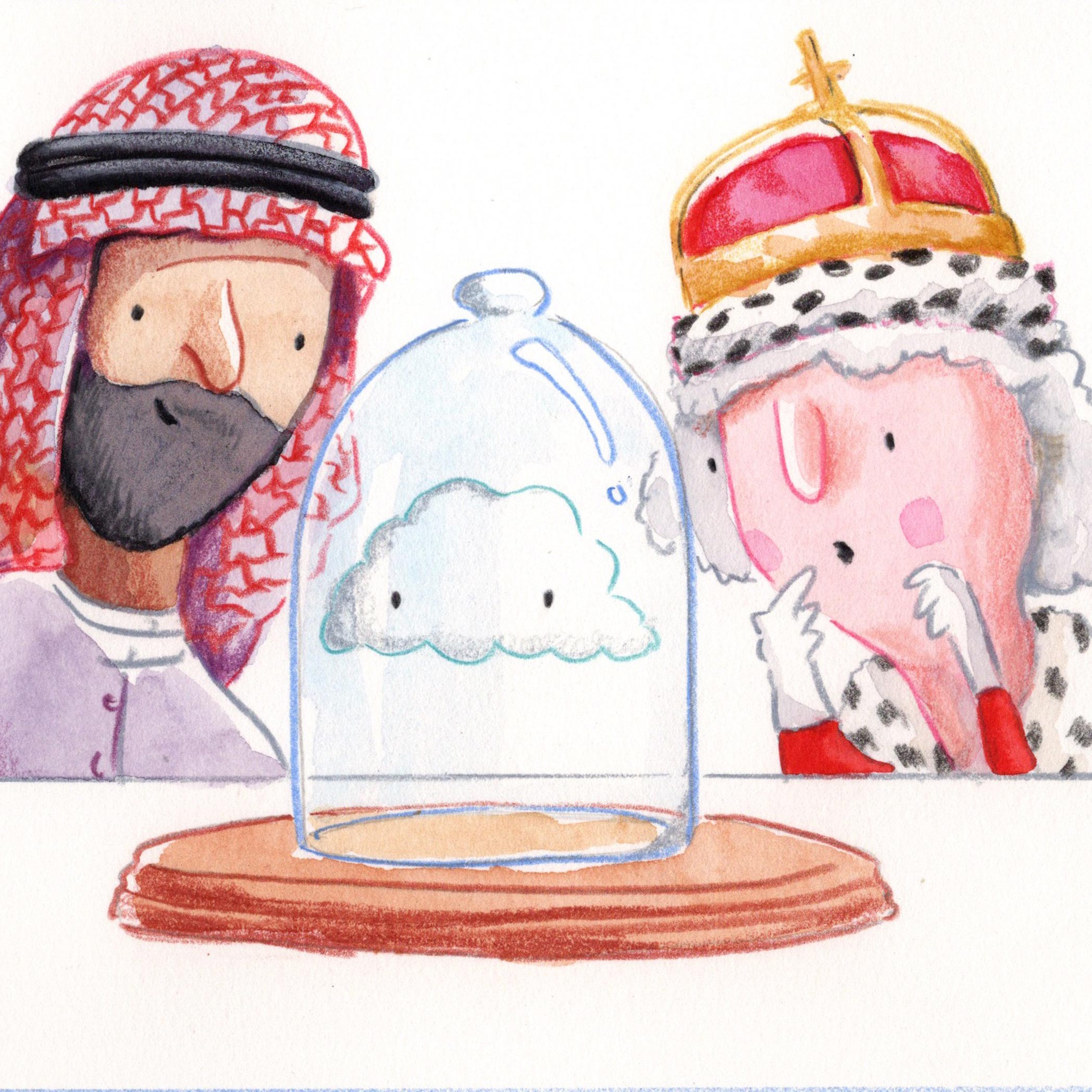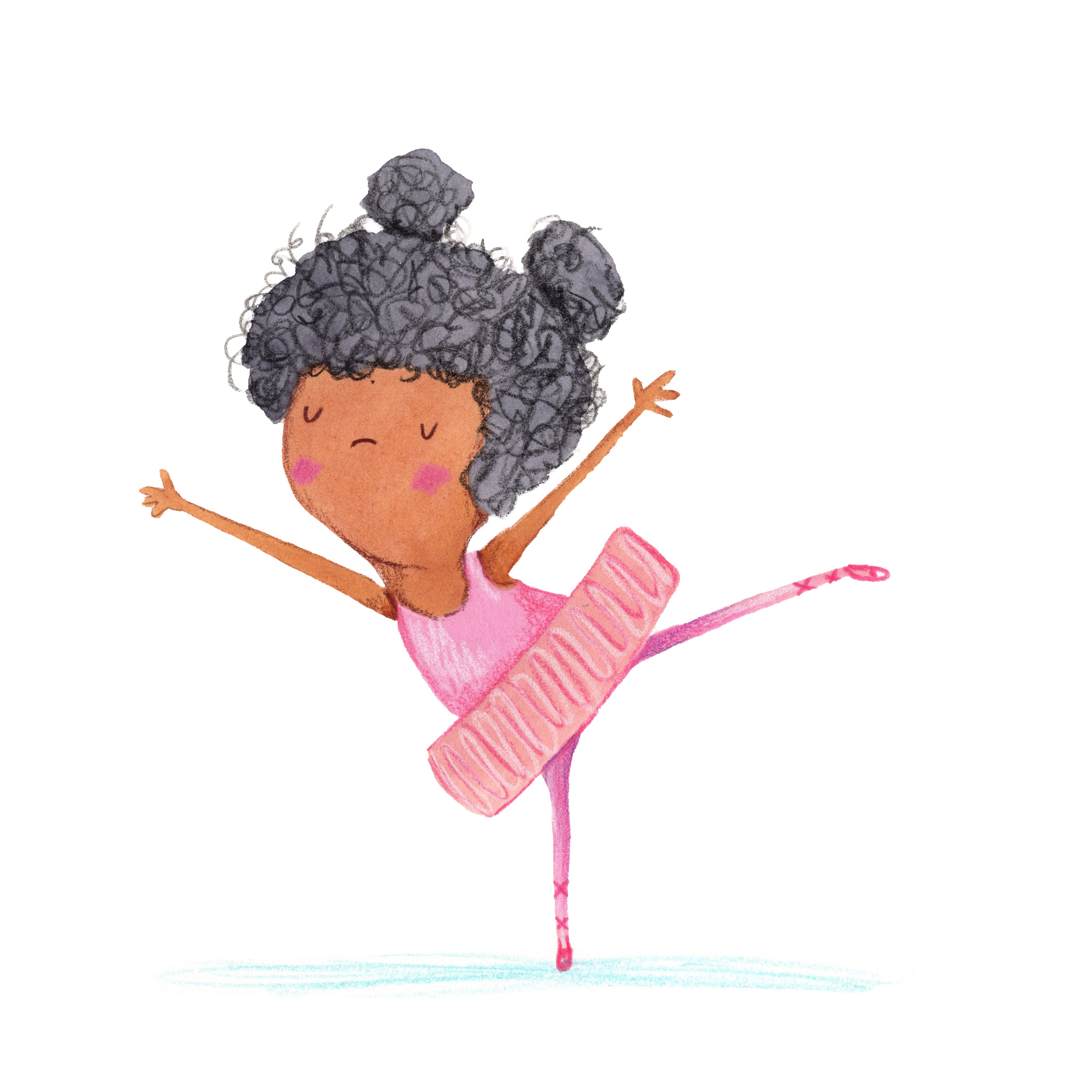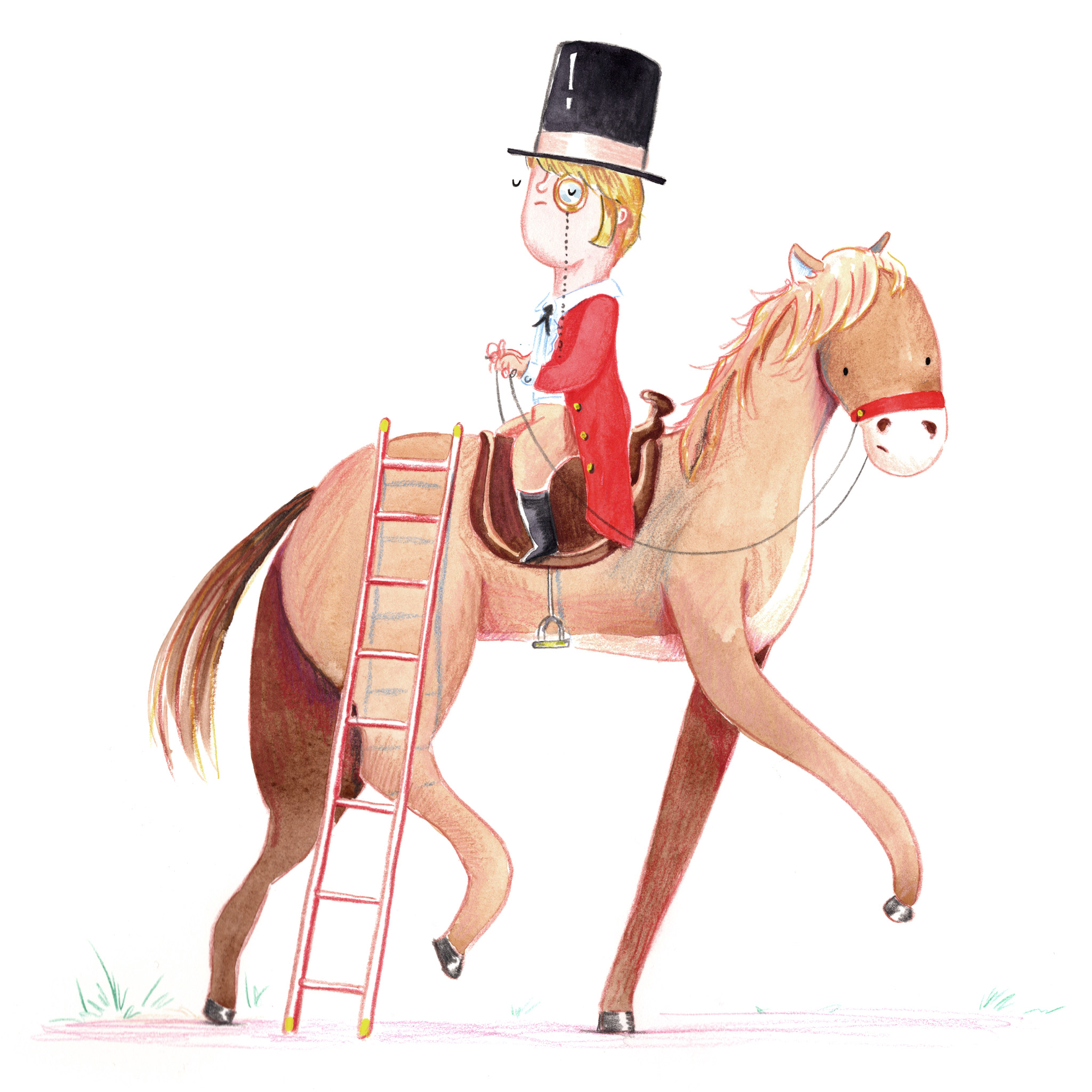Making money from artistic work is difficult. In a recent survey by the Australian Society of Authors, creators make, on average, 11,000AUD from their creative work. That’s not much to live on. I’ve written before about where an artist’s income comes from, and why it’s probably possible and, at least for me, preferable, to balance a ‘normal’ job with creative work. Essentially, it boils down to a supply and demand problem. Too many artists and not enough people seeking their work.
But, the other day, I was thrilled to wake up to an email letting me know that one of my books, Eric The Postie, has been pirated. Available to people to download, for FREE! The person on the other end of the email wasn’t as thrilled as me, but I couldn’t help but be flattered. Why? Because people are spending their time and energy seeking out my work. In a world where people are being offered billions of choices a day about what to read, watch or listen to, the fact that one of those things is little ol’ Eric is amazing to me!

Tim O’Reilly, CEO of O’Reilly Media, famously once wrote that the greater threat to authors or creative artists is obscurity not piracy. The question he ponders is what’s the value of being read against what’s the value of selling a book?
What’s being pirated worth?
Piracy is a difficult value to calculate because it’s trading in attention, not money. For argument’s sake, let’s say someone buys Eric the Postie for $20 and I end up with about $1 of that in royalties. That’s one family, one sale, one dollar. They may like or dislike the book. If they like it, they may seek my name out on a bookshelf at some time or another in the future. They also may not because, let’s face it, there are millions of alternatives. I don’t know how many customers walk past a shelf in a given bookstore in a given week, but it’s likely in the 100s, and that’s being generous, and in most cases, it’s likely the same hundreds of people every few weeks or so because they live or work nearby.
Now, let’s say someone uploads a ‘free’ copy of Eric the Postie. Let’s say that it’s shared on a modestly-populated online forum that sees, maybe, 1000s of people per day. Suddenly, my work is in front of 1000s of different people so, from an exposure point of view, I’m already winning. But, none of those people are buying it. Assume I get 1% of those people downloading it – that’s 10 people. Those 10 people read my story. Some like it, and some don’t. But, I’m working with 10 people now, not just one from the bookstore. And, they’re actively asking for the book, so chances are more people already know they will like it than those who won’t.
The people downloading Eric are probably not the people who walk into bookshops and buy books. Maybe they shop online – Booktopia and Amazon – but they’re probably not the book romantics I would love them to be. But, they’re reading my book. If you look at it through the attention-economy lens, there’s value in that. Shouldn’t I, as someone who is trying to get my message out there, enjoy the fact that more people are reading, even if they’re not paying?
But it doesn’t stop there. Once I’m winning in the attention economy, just like when Coca-Cola plasters ads everywhere – people become more aware of my name and my backlist. A stronger association between “good books for kids” and “Matt Shanks” is generated in their brains. We can’t really measure, in concrete terms, the power of that, but we know that there will be a certain percentage of those 10 people per day, when they’re tasked with looking for a present for their nephew or niece, or happen to be in a mall and need to entertain the kids for a bit so they dump them in a bookshop (like I was when I was a kid of parents who never read very much), there’s a greater likelihood that my name, or my books, will be the one that will be interesting to seek out over and above “people I’ve never heard of”. I’m a safer bet.
When I was younger, using Kazaa to discover music because I had no money, I found and listened to some brilliant bands. I’ve since formed life-long connections with those bands and their music. As I’ve become more affluent, I’ve bought CDs, LPs, attended live concerts and bought more merchandise than I know what to do with. Had those bands not been found on something like Kazaa, I would’ve spent all of that money on different bands, the former ones fading into obscurity. In the long run, and in my specific relationship to them, it’s been commercially beneficial for those bands to have been pirated. I won’t be the only for which that’s happened.
I’m not saying piracy isn’t a problem, but I don’t think it’s as problematic as we think it is for an artist’s bottom-line. As far as artists go, if people are finding the need and motivation to seek out your work specifically, or share it with others, it’s a really strong signal that you’re making the right work. There’s no strong correlation between making good work and economic success anyway, but that’s not necessarily why artists do what they do. If we were after economic success we’d stop making art and have a job on Wall Street. To produce true art is to work to answer the burning questions inside of ourselves. The miracle of piracy, or, put another way, free-sharing at a scale never before achieved in human history, is that it shows the artist that there are others like them, people who are struggling to find answers and who believe that maybe you’ve done the work to find them. That, in many ways, is just as comforting and flattering, if not more, than having a few extra dollars in the pocket.

